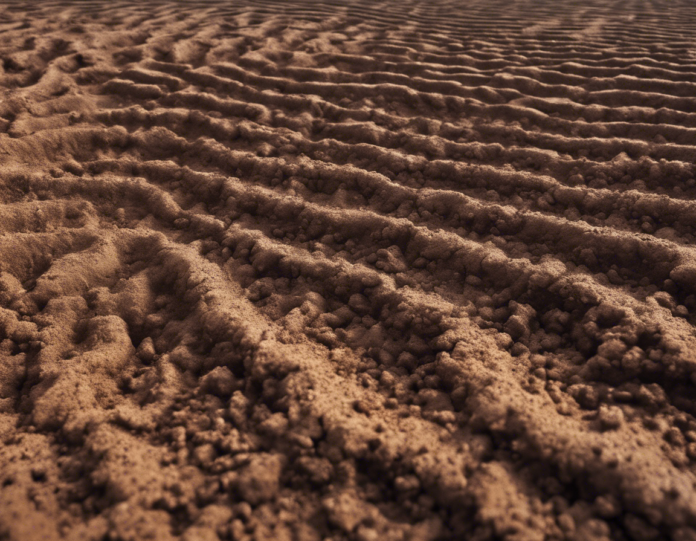Soil formation is a complex process that occurs over hundreds to thousands of years as rock is weathered and broken down by physical, chemical, and biological forces. While numerous factors contribute to soil formation, it is also important to recognize elements that do not play a significant role in this process. Understanding these non-contributing factors can provide valuable insights into the dynamics of soil formation and help us appreciate the complexity of the natural world. In this article, we will explore the factors influencing soil formation and identify one key non-contributing factor.
Factors Influencing Soil Formation
Soil formation is influenced by a combination of factors that can be broadly categorized into five main components:
1. Parent Material
Parent material refers to the underlying geological material from which soil is formed. It can be made up of rocks, sediments, or organic material. The composition of the parent material affects the type of soil that will form, as different rocks and minerals weather at varying rates and produce distinct soil compositions.
2. Climate
Climate, particularly temperature and precipitation, is a crucial factor in soil formation. Temperature influences the rate of chemical reactions and biological activity in the soil, while precipitation determines the amount of water available for weathering and leaching processes.
3. Organisms
Plants, animals, fungi, bacteria, and other organisms play vital roles in soil formation. Plant roots can physically break up rocks, while microorganisms decompose organic matter and release nutrients that contribute to soil fertility. Earthworms and other soil fauna also play essential roles in mixing and aerating the soil.
4. Topography
The slope, aspect, and elevation of a landscape influence soil formation by affecting factors such as drainage, erosion, and the accumulation of organic matter. Sloping terrain, for example, can lead to the erosion of topsoil, while flat areas may accumulate more organic material over time.
5. Time
Soil formation is a time-dependent process that occurs gradually over centuries or millennia. The longer a soil has been forming, the more developed and mature it becomes. Time allows for the accumulation of organic matter, the weathering of minerals, and the development of distinct soil horizons.
Identifying the Non-Contributing Factor
While all the factors mentioned above play significant roles in soil formation, one factor stands out as a non-contributing element: Human Intervention. Human activities such as urbanization, deforestation, mining, and improper land management can disrupt natural soil formation processes and lead to degradation rather than formation of soil. These actions often result in soil erosion, compaction, pollution, and loss of soil fertility.
Human Impact on Soil Formation
- Urbanization: The expansion of cities and infrastructure covers soil surfaces, preventing natural processes such as vegetation growth and nutrient cycling.
- Deforestation: Removal of vegetation exposes soil to erosion by water and wind, leading to the loss of topsoil and essential nutrients.
- Mining: Excavation and extraction activities disturb soil layers and expose underlying materials that may not support the formation of fertile soil.
- Land Degradation: Overgrazing, improper agriculture practices, and use of chemical fertilizers can degrade soil quality and disrupt soil formation processes.
FAQs on Soil Formation
1. What is the role of vegetation in soil formation?
Vegetation plays a crucial role in soil formation by contributing organic matter, enhancing soil structure, and facilitating nutrient cycling processes.
2. How does geology influence soil formation?
The composition of the parent material, which is influenced by geology, determines the initial characteristics of the soil that forms in a particular area.
3. Why is climate important in soil formation?
Climate influences the rate of weathering, organic matter decomposition, and leaching processes that shape soil properties over time.
4. How do organisms contribute to soil formation?
Organisms, including plants, microorganisms, and soil fauna, play roles in nutrient cycling, organic matter decomposition, and soil structure development.
5. What is the impact of human activities on soil formation?
Human activities such as urbanization, deforestation, and land degradation can disrupt natural soil formation processes and lead to soil erosion, compaction, and loss of fertility.
In conclusion, soil formation is a dynamic process influenced by multiple factors, including parent material, climate, organisms, topography, and time. While these factors contribute to the development of diverse soil types and profiles, human intervention can disrupt natural soil formation processes and lead to soil degradation. By understanding the complex interactions of contributing and non-contributing factors, we can appreciate the delicate balance required for sustainable soil management and conservation.

